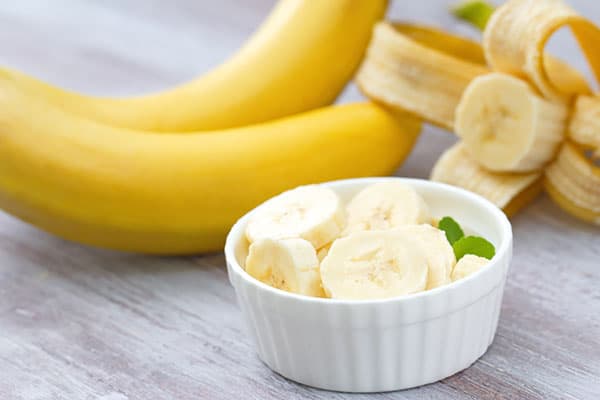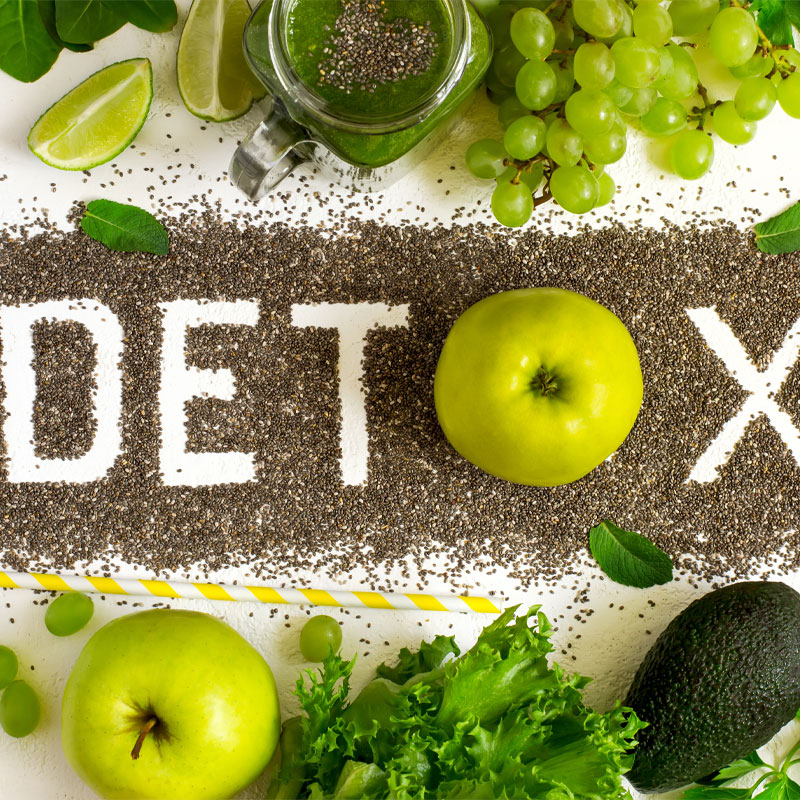index
Your body requires numerous digestive enzymes to break down food and turn it into energy. Many foods you eat contain natural enzymes to help you digest your food. Your pancreas, stomach, small intestines, and salivary glands also produce digestive enzymes to help break down food and properly absorb the nutrients in your food.
Our gastrointestinal system includes several organs that work together to digest food, absorb nutrients, and remove waste and toxins from the body. As we age, our digestive tract becomes less efficient, and we produce fewer digestive enzymes. This enzyme decrease can cause our digestive tract to become alkaline, making it difficult to completely break down the carbohydrates, fats, and proteins we consume.
Symptoms of Digestive Disorders
When your digestive system is not functioning optimally, you may experience nutritional deficiencies that affect your whole body. Some common symptoms include-

- Anxiety
- Skin rashes
- Decreased immunity
- Weakness and fatigue
- Food intolerances
- Diarrhea or upset stomach
- Constipation, bloating, excess gas
- Abdominal pain
- Stools can be foul smelling and yellow in color
- Unexplained weight issues even if you are eating a healthy diet and ample calories
Benefits of Digestive Enzymes
Digestive enzymes aid in the digestive process by helping the body to break down food and enhance nutrient absorption through the lining of the intestines and into the bloodstream. The body naturally produces several types of enzymes to support digestion. With adequate digestive enzymes, your digestive system does not need to work as hard to transform the foods you eat into usable molecules for energy and nutrition. Various types of digestive enzymes help to digest different kinds of foods. For example-
- Protease lives in the stomach. It breaks down proteins into amino acids and peptides, which help in cellular regeneration and muscle growth.
- Amylase found in saliva helps break down carbohydrates. It turns carbohydrates into simple sugars for energy.
- Lipase is produced in the pancreas and secreted into the small intestine. It helps break down and digest fats by dispersing them into fatty acids (omega-3 fatty acids, omega-6 fatty acids, etc.) for hormone production.

Each type of enzyme plays a unique role in breaking down food. Several individuals can benefit from taking digestive enzyme supplements. If you have one of the following conditions, your body may be unable to produce sufficient digestive enzymes to digest your food.
- Benign pancreatic tumors
- Blockage in the pancreatic duct
- Chronic pancreatitis
- Cystic fibrosis
- Diabetes
- Food intolerances like lactose intolerance
- Narrowing of the biliary duct
- Pancreatic cancer
- Pancreatic cysts
How Can Digestive Enzymes Help?
Everyone’s digestive system is as unique as they are. The foods they eat and the bacteria in the digestive tract can vary greatly. There is not a one-size-fits-all digestive enzyme supplement. When evaluating the digestive enzymes you need, consider what you regularly consume and note any foods that cause digestive discomfort.
While consuming a keto diet, the amount of carbohydrates you consume will be minimal, and the amount of protein and fat will increase. In this case, you may need both protease and lipase.

If your pancreas does not produce enough enzymes to break down the foods you consume, you may have a condition called pancreatic insufficiency. Pancreatic insufficiency can increase the risk of severe health conditions, malabsorption problems, diarrhea, or mood problems.
If you suffer from a food intolerance, such as lactose, gluten, or casein, a digestive enzyme can help break down the intolerance and minimize its effects on the body.
Digestive enzymes help to improve colon health by managing and controlling the microbial makeup of the gastrointestinal tract. If undigested food sits in the large intestine, it can begin to rot and feed the harmful bacteria in your intestinal tract. Digestive enzymes can reduce the risk of serious infectious digestive diseases.
Foods With Digestive Enzymes
Everything you eat requires energy to digest. We typically eat three meals daily plus snacks, which can affect digestion. The good news is that you can select foods that are easily digestible. These foods contain natural digestive enzymes, which help the body process food more efficiently.
If your body struggles to make enough of its digestive enzymes, you can consume foods that contain some of their own, providing ease to your digestive tract. Below are the top six foods that contain digestive enzymes.
Avocados
Avocados are indeed a superfood. This delicious fruit contains healthy fats and digestive lipase, designed to naturally aid in the digestion of avocados and other high-fat foods. Lipase breaks down fat and can reduce and relieve the symptoms of acid indigestion. Avocados are nutrient-dense fruits low in sugar.

Bananas
Bananas are delicious fruits rich in potassium and two enzymes: maltase and amylase. Amylase is found in saliva and helps break down carbohydrates, while maltase breaks down malt sugars.
Honey
Honey contains numerous beneficial compounds, including four types of digestive enzymes: diastase, amylase, invertase, and protease. Diastase breaks down maltose, while invertase breaks down fructose and glucose. Amylase breaks down maltose and glucose, while protease breaks down proteins.
To maximize the digestive benefits of honey, use raw honey. Processed honey is typically heated, and high temperatures destroy many benefits, including its natural digestive enzymes. To obtain the full nutritional benefits of honey, choose a local product with an actual honeycomb in the honey jar.

Kimchi
Kimchi is a powerhouse for digestive health. It is created by fermenting vegetables such as cabbage, cucumbers, carrots, radishes, etc. During the fermentation process, Bacillus bacteria forms. Bacillus is a powerful probiotic that offers several digestive health benefits. In addition to probiotics, fermentation creates several digestive enzymes in the digestive tract, including lipase, amylase, and protease. These digestive enzymes help digest fats, carbohydrates, and proteins.
Papayas
Papain is a protease enzyme found in papayas. It assists with the digestion of proteins. Consuming papayas can help relieve the many symptoms of irritable bowel syndrome, including bloating, diarrhea, abdominal cramping, and constipation. Choose ripe papayas and eat them uncooked to improve your digestive health. As with most digestive enzymes, high heat can destroy them.
Pineapple
Pineapples contain bromelain, a protease-type digestive enzyme that breaks down proteins into amino acids. In addition, bromelain has anti-inflammatory properties, immune-modulating capabilities, and mucolytic effects. Bromelain can benefit those with rheumatoid arthritis, pelvic inflammatory disease, gout, sinusitis, and asthma.
Bromelain may also help people with pancreatic insufficiency, a condition in which the pancreas does not produce enough digestive enzymes. Researchers have found that combining a bromelain supplement with a pancreatic enzyme supplement improves digestion better than taking an enzyme alone.
Ready to Improve Your Digestive Health?
Digestive enzymes help break down foods like fats (lipase), carbohydrates (amylase), and proteins (protease) into usable nutrients. Several digestive disorders can occur if you are not producing enough digestive enzymes. Adding digestive enzyme-rich foods and supplements can promote better gut health and digestion.
If you experience digestive disturbances like heartburn, abdominal bloating, or food intolerances, your body may lack the necessary digestive enzymes to break down your food. Our integrative practitioners specialize in digestive disorders and will work with you to improve your gut health. Your holistic treatment plan may include dietary adjustments to ensure your body gets the nutrients it needs to maintain good health, including foods rich in natural digestive enzymes.























